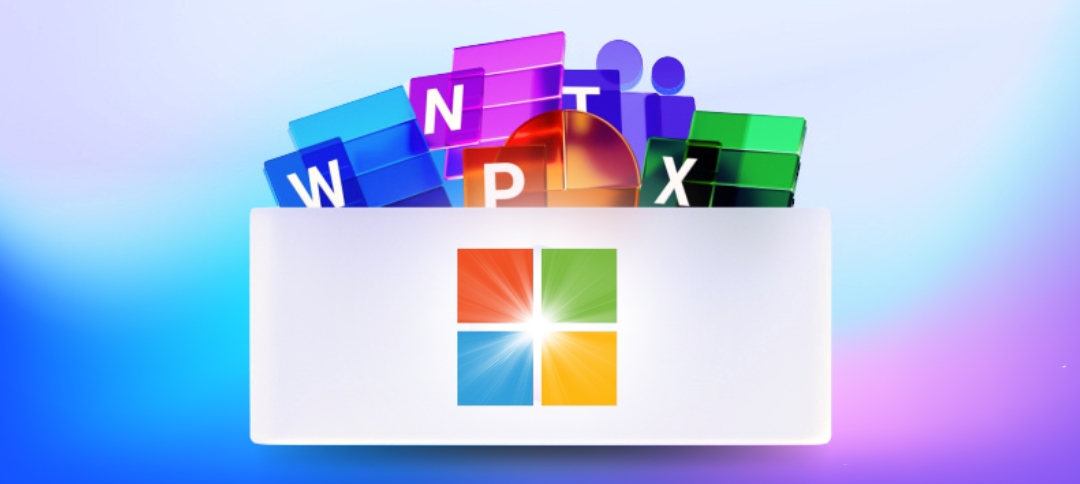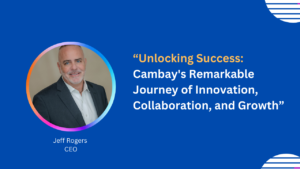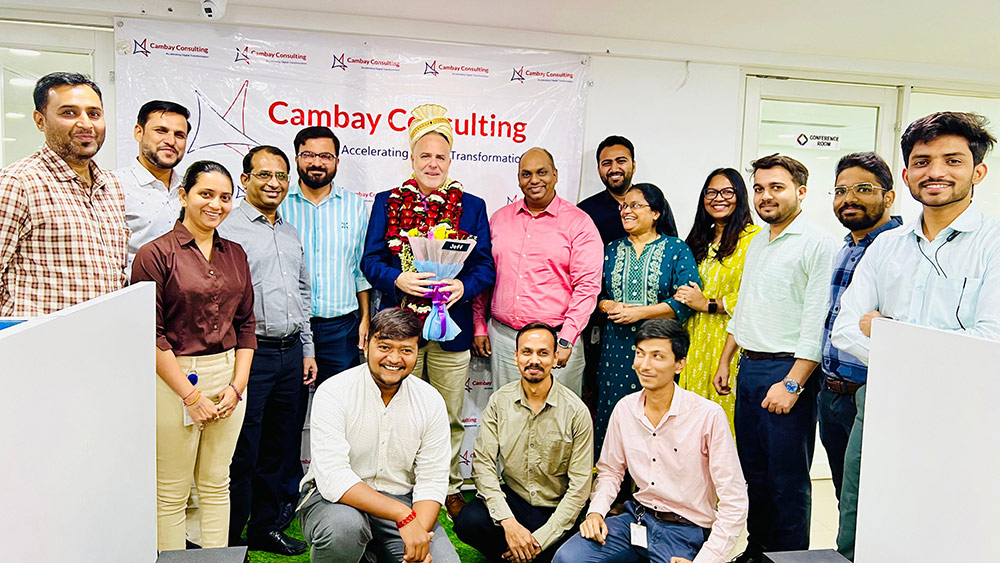In today’s dynamic technological landscape, businesses of all sizes are increasingly leveraging Microsoft solutions to streamline operations, enhance productivity, and gain a competitive edge. However, navigating the vast ecosystem of Microsoft offerings and choosing the right partner to implement them can be a daunting task. This guide empowers you to make informed decisions by outlining a strategic approach to finding the ideal Microsoft solution partner company.

Understanding Your Needs: The Foundation for Success
Before embarking on your partner search, it’s crucial to gain a clear understanding of your specific needs and goals. Here are some key questions to consider:
- What Microsoft solutions are you interested in? Do you require assistance with Office 365 migration, Azure cloud adoption, Dynamics 365 implementation, or a combination of these?
- What are your business objectives? Are you aiming to improve collaboration, enhance data security, optimize workflows, or achieve a specific business outcome?
- What is your budget and timeline? Define realistic expectations regarding the cost and timeframe associated with implementing the chosen solutions.
- What level of support do you require? Do you need ongoing assistance with managing your Microsoft environment, or are you primarily looking for implementation expertise?
By diligently addressing these questions, you can develop a comprehensive roadmap for your project, allowing you to partner with a company that aligns with your specific goals and requirements.
Leveraging Microsoft’s Partner Network: A Wealth of Expertise
Microsoft boasts a robust partner network encompassing a diverse range of solution providers. These companies possess the technical expertise and experience to implement and manage various Microsoft solutions effectively. To get started, explore the official Microsoft Partner Network website (https://partner.microsoft.com/en-us/partnership/find-a-partner).
The website offers a user-friendly search tool that allows you to filter potential partners based on your location, industry, and the specific Microsoft solutions you require. Pay close attention to a partner’s Solutions Partner designations, which signify their expertise in specific Microsoft Cloud solution areas like Business Applications, Data & AI (Azure), and Security. These designations demonstrate a partner’s commitment to ongoing training and development, ensuring they possess the latest knowledge and skills to deliver optimal results.
Beyond Designations: Evaluating Partner Credentials
While Solutions Partner designations are a valuable indicator of a partner’s capabilities, a deeper evaluation is essential. Here are some key factors to consider:
- Industry Experience: Look for partners with experience in your specific industry. Their understanding of your sector’s challenges and opportunities will translate into tailored solutions that address your unique needs.
- Customer Success Stories: Review case studies and testimonials from past clients. This can provide valuable insights into the partner’s approach, expertise, and track record of success.
- Team Composition: Ensure the partner has a team of certified professionals with the necessary skills to implement and manage the chosen Microsoft solutions.
- Communication Style and Cultural Fit: Effective communication is paramount. Choose a partner with a transparent and collaborative approach that aligns with your company culture.

Engaging with Potential Partners: Establishing a Collaborative Foundation
Once you have identified a shortlist of potential partners, it’s time to initiate contact. Schedule introductory meetings or calls to gain a deeper understanding of their capabilities and approach. Here are some crucial questions to ask during these interactions:
- How do you approach understanding my specific needs and challenges?
- What is your implementation methodology?
- What level of ongoing support do you offer?
- How do you measure project success?
- Can you provide references from similar clients in our industry?
These questions will give you valuable insights into the partner’s commitment to understanding your business, their project management style, and their dedication to delivering long-term value.
Negotiating Terms and Agreements: Ensuring Mutually Beneficial Partnerships
Once you have chosen a preferred partner, it’s time to negotiate a formal agreement. This document should clearly outline the scope of work, timelines, costs, and communication protocols. Ensure the agreement addresses service level agreements (SLAs) for ongoing support and clearly defines success metrics for the project.
A well-defined agreement establishes a transparent and collaborative foundation that fosters a successful long-term partnership.
Building a Strong Partnership: Fostering Collaboration and Communication
Selecting the right Microsoft solution partner is just the first step. Creating a successful partnership requires ongoing communication and collaboration. Regularly scheduled meetings, dedicated points of contact within both organizations, and open communication channels are crucial for ensuring alignment and addressing any challenges that may arise.
Conclusion: Finding the Perfect Fit for Your Microsoft Journey
By following these steps and conducting a thorough evaluation process, you can confidently select the right Microsoft solution partner to empower your digital transformation journey. Remember, the ideal



























